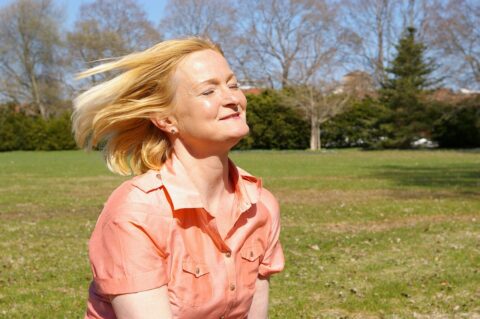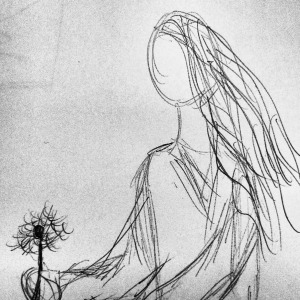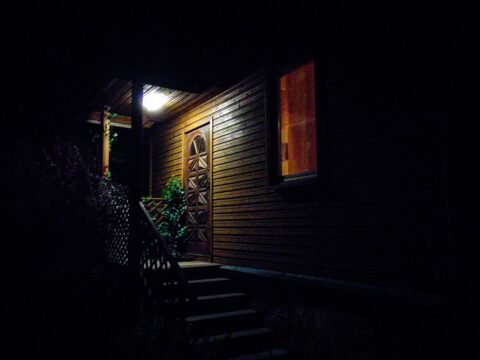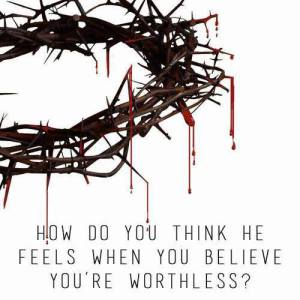Before I left, I really started studying some things out and realized that my fears were deliberately instilled and completely unfounded. I’ve questioned things that happened in church and certain doctrines for awhile. Until recently, though, I tried to squelch those questions or reason them out. But the answers are pretty obvious- and not in the Pentecostals’ favor.
I’m actually still more conservative than a lot of liberal Pentecostals, and don’t know quite what to do about that yet. I love my hair, and get lots of compliments on it. I actually went and bought MORE skirts after I left the church- but the church I was in, we couldn’t wear denim on church days or outreach days. That left Mondays and Fridays… and my job limits denim on Mondays. So when I rebelled, I went and bought jean skirts! I have no idea if or when I’ll buy any jeans (LOL I have to buy a larger size jeans than skirts- now that’s a deterrent!) or really cut my hair. (I have trimmed it, but not noticeably.) I don’t agree that those things are biblical issues, but they are just a part of who I am. On the other hand, this summer I fully intend to wear short sleeves, and look forward to showing my elbows.
One thing I realized, that had always held me back before, is that people “in the world” don’t generally recognize people as Pentecostal for the way that they dress. So however I dress is really just my preference, and doesn’t prohibit me from dancing or buying a drink or going to a movie… it was ingrained that everyone would know I was Pentecostal and doing something ‘bad’ would be a bad witness, but no one “in the world” cares what I wear or where I go. Now that’s liberating!
I really figured at first I would just leave the conservative churches and “go liberal.” But I’ve been to some of their churches now. So small, not growing… no single men my age… I want to meet and marry someone, and I get so mad at myself for sacrificing something so normal for a church that then inferred that there was something wrong with me because I hadn’t married or “backslid for a man.” That blew my mind. Fornicators were respected more than me because “at least they were normal.”
Anyway, back to the positive. Since leaving, I’ve been free to be happy, not to second guess every move, not to be afraid that I’d make a mistake… I didn’t have many friends left in Pentecost, and though it is good to reconnect with some I wasn’t allowed to talk to in conservative Pentecost, I don’t ever want to go back. Ever read Plato’s “The Cave“? Lots of symbolism, but a pretty good description of exit to me.
https://web.archive.org/web/20230521142750/http://www.historyguide.org/intellect/allegory.html
http://en.wikipedia.org/wiki/Allegory_of_the_Cave












